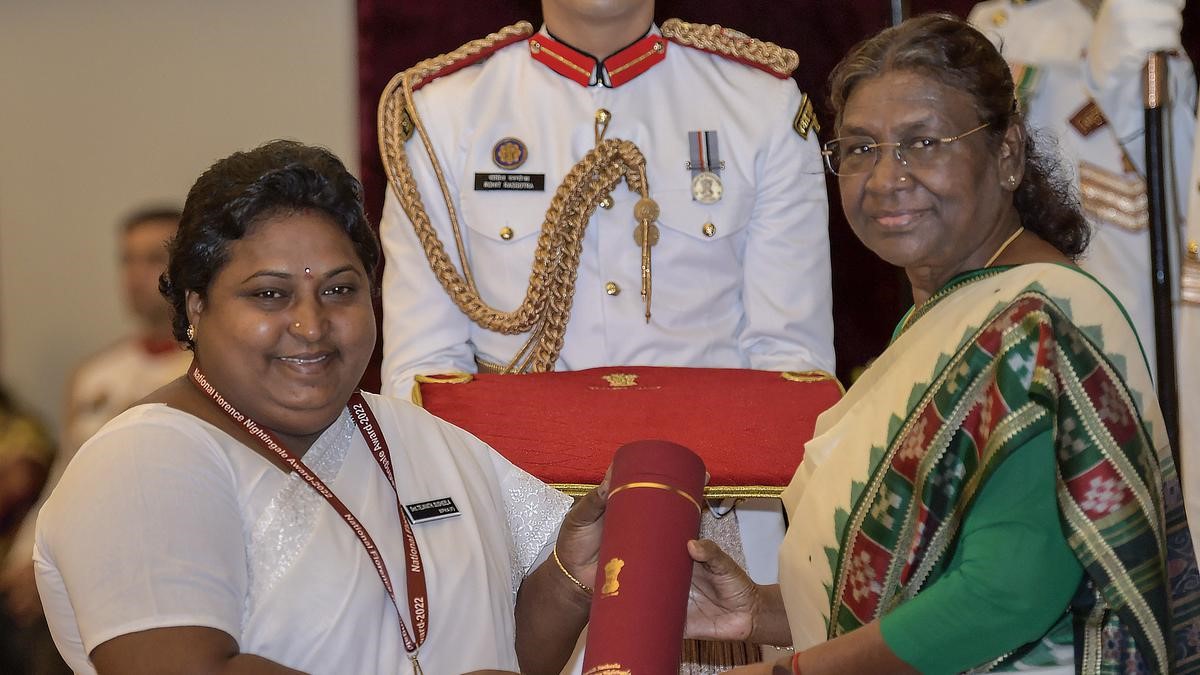Description

Disclaimer: Copyright infringement not intended.
Context
- The Thai Senate, part of the National Assembly, passed the Marriage Equality Bill.
Key Provisions of the Bill
- The Marriage Equality Bill introduces significant changes to Thailand's marriage laws by replacing gender-specific terminology with gender-neutral language.
- By replacing terms like "men," "women," "husbands," and "wives" with inclusive terms such as "spouse" and "person," the legislation opens the door for marriage between any two individuals, regardless of their gender identity.
- Moreover, the bill extends equal rights to same-sex couples in critical areas such as adoption, inheritance, and tax benefits, aligning their legal status with that of heterosexual couples.
- Additionally, the bill grants LGBTQ+ couples similar legal powers to heterosexual couples in cases of legal incapacitation, ensuring parity in matters ranging from accessing bank accounts to providing consent for medical treatment.
Positive Societal Reception
- Reflecting societal support, the Bill received cross-party backing, indicative of positive attitudes towards LGBTQ+ rights.
- A 2022 poll by Thailand’s National Institute of Development Administration found 91% tolerance towards LGBTQ+ family members and 80% support for same-sex marriage.
- Increased media representation, activism, and advocacy efforts contributed to political support for LGBTQ+ rights.

Global Context
- Thailand's progress toward marriage equality contrasts with the broader landscape of LGBTQ+ rights in Asia.
- While countries like Taiwan and Nepal have embraced marriage equality, many others in the region continue to lag behind.
- In India, for instance, the Supreme Court's decision to uphold the Special Marriage Act leaves the issue of marriage equality unresolved, awaiting legislative action from Parliament.
- Moreover, numerous Asian countries still criminalize same-sex activity, with severe penalties, including death, in some cases.
Global Status of Same-Sex Marriage
- Despite the progress made by countries like Thailand, Taiwan, and Nepal, the global landscape of same-sex marriage remains uneven.
- Currently, same-sex marriage is legal in 36 countries worldwide, spanning across Europe, the Americas, and Oceania.
- However, Asia remains underrepresented on this list.
MUST READ ARTICLES:
SAME SEX MARRIAGE IN INDIA: https://www.iasgyan.in/blogs/same-sex-marriage-in-india
SAME SEX MARRIAGE: https://www.iasgyan.in/daily-current-affairs/same-sex-marriage
|
PRACTICE QUESTION
Q. Despite the Supreme Court's landmark decision to decriminalize Section 377 of the Indian Penal Code, the LGBTQ community continues to grapple with societal marginalization. Discuss the significance of legal recognition through measures such as same-sex marriage in fostering social inclusion and addressing the challenges of discrimination and marginalization faced by the LGBTQ community in India.
|
SOURCE: INDIAN EXPRESS












